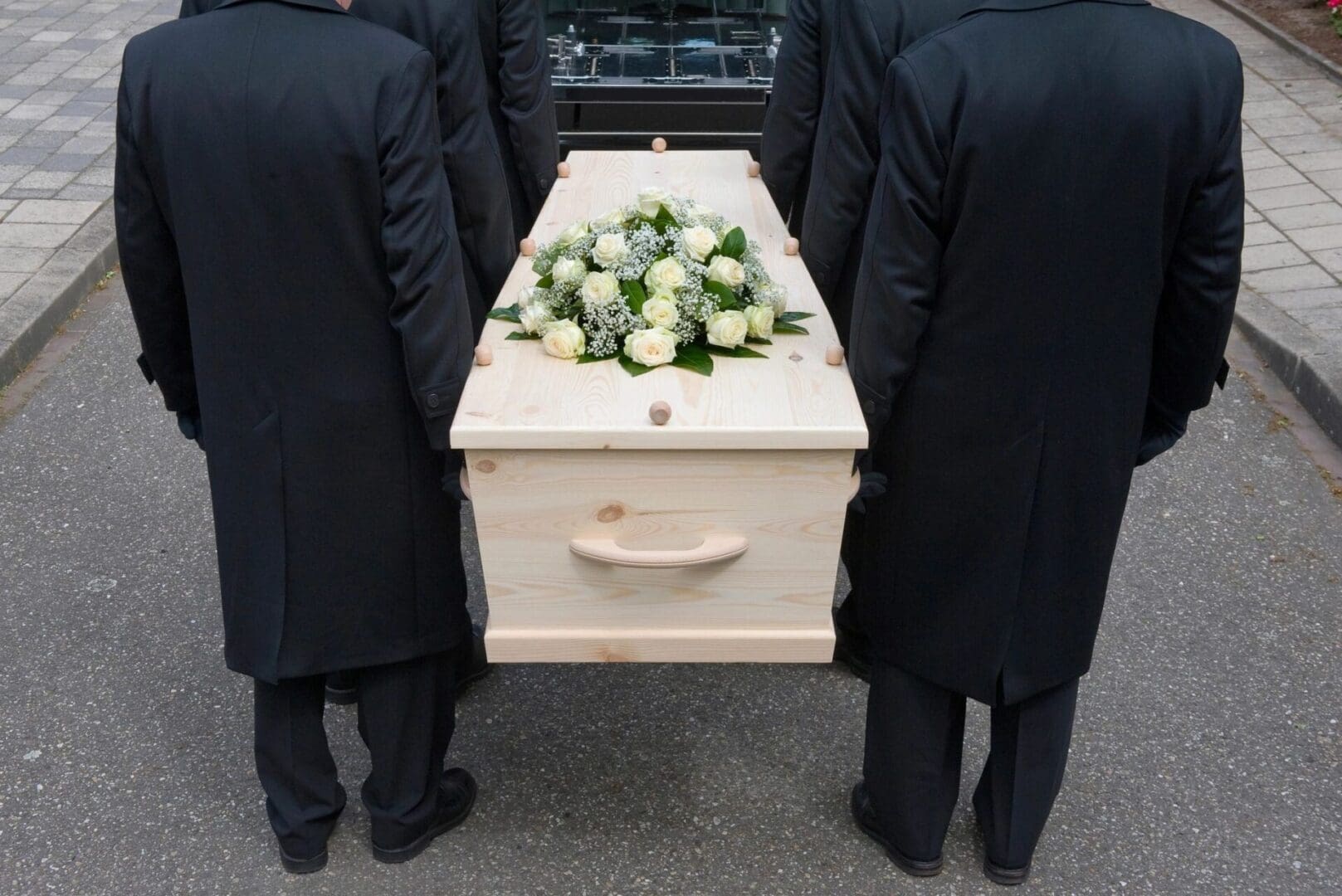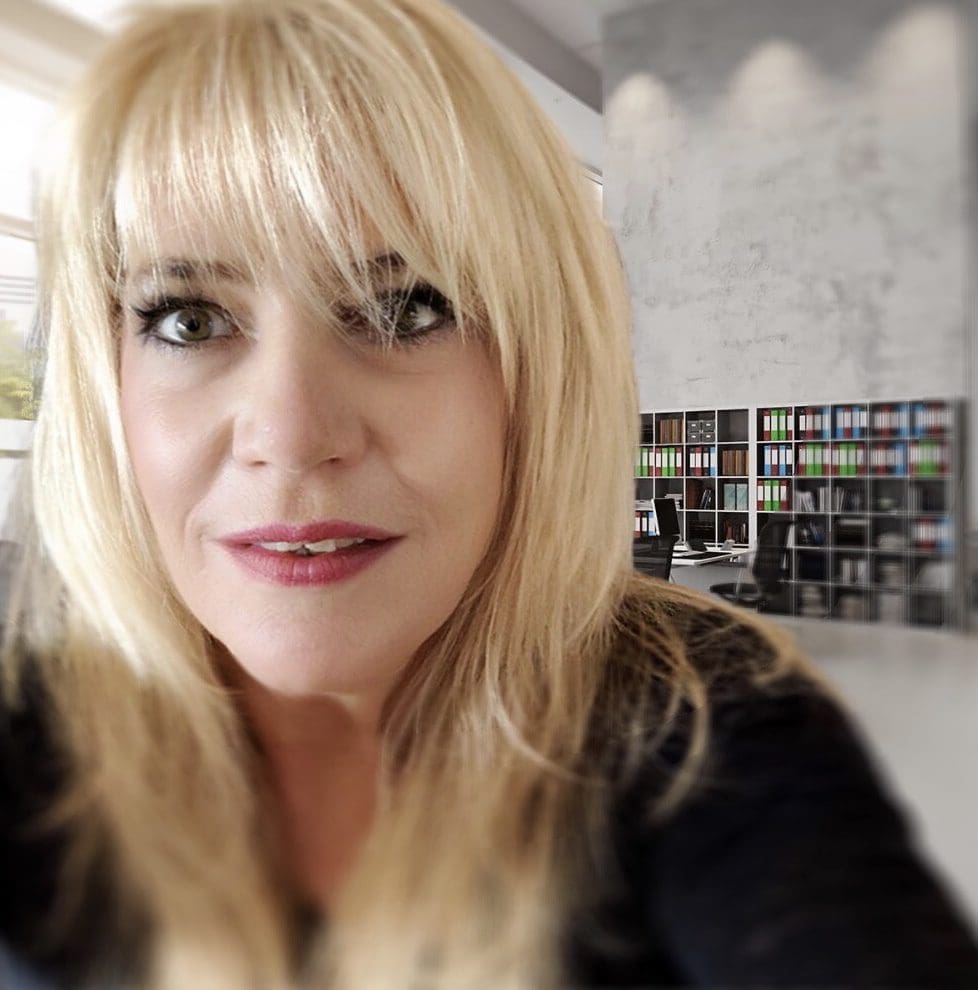Search Posts
Recent Posts
- Rhode Island Weather for March 31, 2025 – Jack Donnelly March 31, 2025
- Our Networking Pick of the Week – Bend Studio & Brew Cafe House with So. RI Chamber March 31, 2025
- Rhode Island’s last landfill is running out of room – ecoRI News March 31, 2025
- Women’s History Month reflection – Mary T. O’Sullivan March 31, 2025
- Changes coming to HHS elicit strong response from aging network – Herb Weiss March 31, 2025
Categories
Subscribe!
Thanks for subscribing! Please check your email for further instructions.

GriefSpeak: Call the Death Doula
By: Dr. Mari Dias
“I don’t know why you say goodbye, I say hello” (Beatles, Hello, Goodbye, 1967)
Many of you have watched “Call the Midwife” either on BBC or more recently on Netflix. Many are familiar with the term “midwife”, or ‘doula” as someone who is trained to assist women in childbirth.
A death midwife or death doula is someone who is trained to assist individuals in their passing from life to death. “Death doulas act as a kind of life coach for those at the end of life. They empower their clients to consider their last years, months, weeks, and even days, carefully and thoughtfully. Our role in reducing fear and regret at the end of life will help them face their last days with increased inner strength, peace, and resolve. (Gurevich, 2019. pg. 21).
Having recently successfully completed my death doula certification, it seems important to share the details of what we do. According to Rachel Gurevich in her book “A Guide to Becoming a Death Doula” is multifaceted.
“A day-in-the-life of a death doula” may include:
• Meeting with a healthy client and their family in the dining room of their home, going over advanced care directives, helping them understand their options for the future, facilitating conversation between the client and his or her family, and helping them get their wishes understood and documented.
• Standing vigil by the hospital bedside of a dying client. Creating sacred space for the dying and their loved ones by “lighting” electric candles, playing soft classical music, reading poetry, or using hospital-approved aromatherapy.
• Visiting an elderly client at their home who has no immediate family living nearby, making sure their basic needs are being met, creating a plan to meet those needs, offering conversation and companionship, helping with meals or light housework, planning your next visit, and reporting back to the elderly client’s family on their father/mother/sister/brother’s well-being.
• Giving a workshop on what a “good death” can mean at a local library to a diverse crowd, of all ages and backgrounds. Educating the group on what they can do now—while they are well and active—to ensure they die with dignity and peace.
• Conducting a “living funeral” for a cancer patient at their hospice bedside. Helping plan the event and, on the day of, helping direct the ceremony, and possibly documenting the “funeral” through pictures or video, or keeping a detailed written record.
• Meeting with the friends and family of a recently passed loved one, who left this world suddenly and tragically. Helping them navigate their burial and funeral options, putting them in touch with appropriate resources, educating them on the natural and normal stages of grieving, and creating a plan together on how you can best support them in the coming days and weeks.
• Holding the hand of a terminally ill client, and listening to their fears, life stories, and wishes for their end of life. Possibly offering guidance for taking those stories and creating a legacy project, something to help them process and admire the amazing life they have lived and create a physical remembrance of that life. (Gurevich, 2019; page 90).
We also help educate both the patients and their families about the options for disposal. Burial and cremation are the two most popular; however, there are several alternatives. Some little-known options include:
- Resomation: dissolving of the body which turns the body into liquid. Some consider resomation as a greener alternative to cremation.
- Turn the body, or even just a lock of hair, into a diamond. (http://www.lifegem.com)”. We can also become part of a barrier reef ((https://www.eternalreefs.com/) or launched into space. (https://www.celestis.com/about/).
There are very few limiting factors in the job of a death doula. As noted in a “Day in the Life” above, we can assist in one or all areas described, in addition to serving as a pet doula. I consider myself a Sherpa in this role as a death doula. A scout who guides the patient and their families through the oftentimes unfamiliar journey of death and dying. We see our patients as not dying, but rather living for the remaining time, and therein lies the unique perspective we have as we provide dignity, support, and the opportunity for a “good death.”
__________

Dr. Mari Dias is a nationally board-certified counselor, holds a Fellow in Thanatology and is certified in both grief counseling and complicated grief.
She is Professor of Clinical Mental Health, Master of Science program, Johnson & Wales University. Dias is the director of GracePointe Grief Center, in North Kingstown, RI. For more information, go to: http://gracepointegrief.com/

How wonderful! As a person once having had a “death and dying” experience, I do not fear death itself but for the “inconveniences” along the way. A doula makes perfect sense to me. Having watched Hospice guide my ex-husband to death’s door, I marveled at the process for him and those of us remaining; this sounds more involved and custom-made.
Keep up the good work because one thing is for sure: NONE of us is getting out of this life alive!